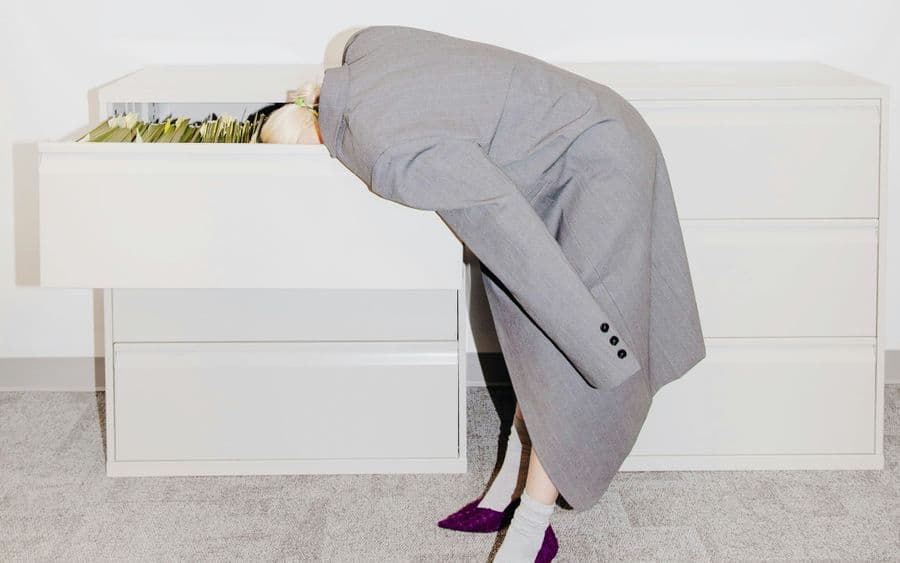
Mind Games: The Drama Triangle
Ever felt torn between self-criticism, making excuses, and blaming external factors? Discover how the Drama Triangle influences your psychological wellness and learn to recognize and escape these roles.
Do you tend to:
face internal conflicts about the choices you make, feeling torn between being too hard on yourself and making excuses?
treat yourself to something special, but then find your thoughts taking an unexpected turn afterward?
have an inner dialogue that acts as a critic, a comforting friend, or someone who blames external factors when you deviate from your plan for a happier mind?
Let's Picture:
You're striving to enhance your well-being by committing to certain healthy habits. You've been working on keeping things balanced, such as regular exercise, balanced nutrition, and making positive choices. Then comes a moment where you treat yourself to something special, maybe a bit off your plan, like having a sweet treat which is a strict deviation from your usual routine.
That's when mild conflict starts to emerge.
First, there's the part that might say, "Oops, you messed up." This 'slip' in your plan can leave you feeling disappointed in yourself. It's like you are your own tough coach, but not the encouraging kind. It’s the one that labels this exact slip in commitment as a failure of discipline.
Then, another part comes in, like a friend saying "Hey, it's perfectly fine to treat yourself occasionally. Remember to be kind to yourself." Trying to make you feel better by emphasizing the need for occasional treats and self-compassion. And just when you think it's settled...
The voice can also make excuses. "Well, it's not really your fault. Your schedule is crazy, and everyone else does it too." This part might make you feel like you can't really control things and you start blaming external factors such as your hectic schedule or even expands to social pressure for going off track.
Unlocking the Mindset Maze
So, what just happened in this short introduction? You've just witnessed the Drama Triangle in action and maybe within your own thoughts.
This inner conflict not only makes you feel guilty or down but also affects your mindset by inflicting blame, excuses, and disempowerment. It significantly impacts your mental health, self-image, and self-judgment. Constant self-doubt and criticism create unnecessary stress and hinder the pursuit of a balanced, positive lifestyle.
Introducing the Drama Triangle
A concept introduced by psychologist Stephen Karpman in 1968 in the field of social psychology, specifically concerning social interactions. It reveals how individuals adopt dysfunctional roles during conflicts often trying to prove they're 'right' and usually surfaces when a situation is emotional and/or stressful.
The Everyday Occurance:
This phenomenon occurs daily, whether we’re engaging in a conversation with our manager, parent, child, or others. It’s natural for us to adopt a role because it serves as a buffer between our conscious actions and unconscious emotions. The reason is straightforward: it's simply easier and less effortful to choose a role than to engage in deep self-reflection.
While we may commonly lean towards a specific role—such as your best friend being the “rescuer” within the group—we actually transition among the three roles depending on the relationship dynamics and specific situations. That best friend might act as a rescuer among close friends but could also be a victim at work and a prosecutor at home.
However, assuming any of these roles all the time can be draining, exhausting, and an obstacle to personal growth, as well as damaging to relationships.Educating ourselves about these roles can increase our self-awareness, giving us a heads-up on what to expect during conflicts.
The Roles in the Drama Triangle
The Prosecutor
Angry: Often displays anger in interactions.
Shame-Based Perspective: Operates from a place of shame.
Blames Others: Tends to place blame on others for problems.
History of Abuse: Has a history of abuse.
Insists on Being Right: Always seeks to be correct in conflicts.
Conceals Resentment: Hides inner resentment stemming from past abuse.
Avoids Victim Role: Is determined to never be in the “victim” position again.
The Rescuer
Fearful: Operates from a place of fear.
Aids Others: Instinctively helps those they perceive as vulnerable, sidelining their own needs.
Unmet Childhood Needs: Cares for others due to their own unmet needs during childhood.
Misbelief of Reciprocity: Believes that by caring for others, they will also be taken care of.
Overworked and Drained: Often becomes overworked, drained, and filled with built-up resentment.
Seeks Value: Relies on the victim role for a sense of value.
The Victim
Sad: Often experiences feelings of sadness.
Struggles: Faces difficulties with decision-making and finding joy in life.
Feels Trapped: Feels powerless and instinctively blames prosecutors or external circumstances for life deviations.
Seeks Rescuers: Looks to rescuers for refuge and problem-solving.
Negative Self-Image: Holds a negative self-image, low self-esteem, and low assertiveness.
Victim’s Paradox:
Despite portraying themselves as powerless, victims possess a unique ability to influence others significantly. They seek refuge in rescuers by cleverly targeting and manipulating them to gain assistance and care. This role carries substantial power and can be addictive, making it difficult to break the pattern.
Power Dynamics and Role Interplay
Engaging in the drama triangle can initially bring certain benefits. Imagine a workplace scenario where individuals unconsciously step into either the victim, prosecutor, or rescuer role.
Paul as the Persecutor:
Paul relishes temporary power by taking charge of every project, asserting dominance to feel in control.
Rana as the Rescuer:
Rana seeks out people needing emotional support, aiming to feel like a workplace hero. However, she often ends up overwhelmed by excessive workload and energy drain.
Victoria as the Victim:
Victoria finds comfort in Rana’s support, experiencing short-term reassurance. Yet, her dependency on Rana limits her problem-solving skills.
Despite the initial thrill:
Paul (Persecutor) feels heroic but risks isolation and strained relationships.
Rana (Rescuer) finds purpose but faces burnout from continuous assistance.
Victoria (Victim) receives comfort but misses opportunities for personal growth.
The long-term impact is a dysfunctional work environment with strained relationships, burnout, and missed opportunities for individual growth.
How Do You Escape the Karpman Drama Triangle?
Develop Self-Awareness: Cultivate self-awareness and train your internal observer to recognize signs of assuming roles like Victim, Persecutor, or Rescuer.
Therapy: Engage in counseling to gain deeper self-understanding and explore strategies to transition away from drama-inducing behaviors.
Acquire Skills: Setting boundaries, improving communication, and enhancing assertiveness to navigate conflicts effectively.
Understand Flight/Fight Responses: Familiarize yourself with the Flight/Fight response to better manage impulsive reactions in stressful situations.
Identify Triggers and Reactions: Recognize triggers and understand your typical reactions in pressure-filled or contentious situations.
Transition to the Empowerment Triangle:
Once you identify where you stand, you can then ditch your role and move into either Creator, Challenger, or Coach. By embracing these roles, you break free from the disempowering patterns of the Drama Triangle, leading to more constructive, fulfilling, and purpose-driven interactions.








